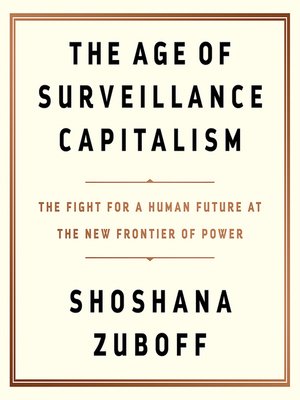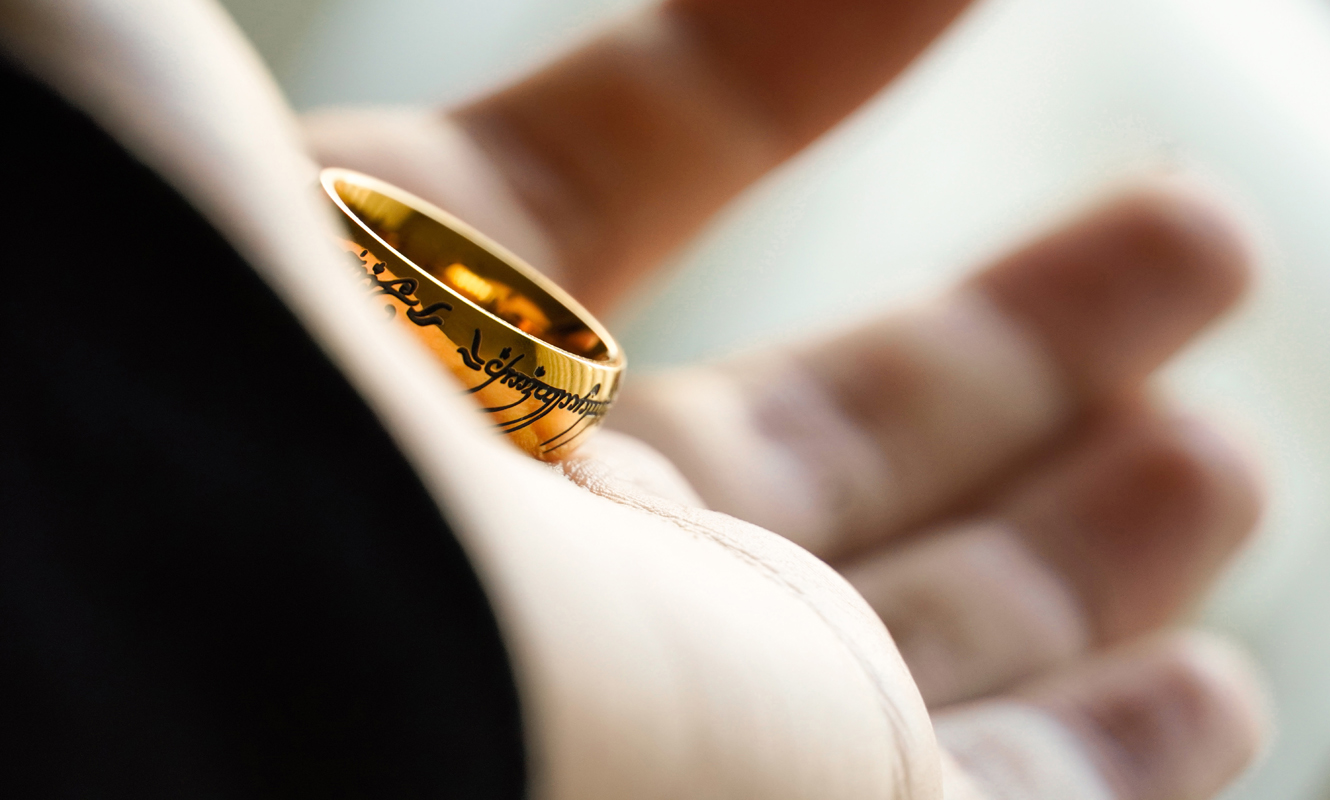Incrementalism
As regards the powers manifested in the aeroplane or the wireless, Man is as much the patient or subject as the possessor, since he is the target both for bombs and propoganda… What we call Man’s power over nature turns out to be a power exercised by some men over other men with nature as the instrument.
C.S. Lewis, The Abolition of Man (1943)
This passage where Lewis reflects on the technologies of his time came to mind this week as I came across an interesting pair of articles. The first, via the AP, is titled “Police seize on COVID-19 tech to expand global surveillance.” After covering how this occurred this in China, Israel, India and Australia, the article concludes with a section detailing how it happened in the U.S.
In America, it isn’t the police who grasped for more surveillance power, but the federal government, initiating two contracts worth $24.9 million with Palantir Technologies Inc. Though the stated purpose was to support pandemic response, the article explains that “federal officials contemplated how to share data that went far beyond COVID-19. The possibilities included integrating ‘identifiable patient data,’ such as mental health, substance use and behavioral health information from group homes, shelters, jails, detox facilities and schools.”
In The Age of Surveillance Capitalism, Shoshana Zuboff terms this extra data that can be extracted by tech companies “behavioral surplus.” These companies, and those who partner with them, hoover up an astonishing amount of information that can be gleaned beyond the one user data point they may be looking for. The purpose for this has gone beyond mere advertising, into the business of predicting — and all too easily influencing or controlling — future behavior. Palantir (yes, “Palantir” as in the seeing stones used by the dark lord of Mordor to surveil his enemies in The Lord of the Rings), the company hired by the government and described at one point by Business Insider as the War on Terror’s “secret weapon,” was discovered in 2018 to be in secret partnership with the New Orleans police department to test its “predictive policing” technology. Zuboff explains that Palantir’s software did more than identify gang members; it also traced ties between them, revealed criminal histories, analyzed social media and made predictions about the likelihood that someone might be either a perpetrator or a victim of crime.
The AP article outlines how the Department of Health and Human Services collected Americans’ biometric and biographical data, apparently without clear protocols to protect it. In addition, the CDC collected data for the purpose of mere narrative management, as recently as last year. The agency contracted with a data broker to provide “detailed cellphone location data revealing people’s daily whereabouts, nationwide. ‘Mobility insights’ data from at least 20 million devices could be used to ‘project how much worse things would have been without the bans,’ such as stay-at-home orders and business closures.”
At what point did any of the people whose geographical, biographical, or biometric data was “brokered” give informed consent? In a free society, under what ethical standards are we used as lab rats without our knowledge?
I remembered an experience about 10 years ago at the local Memorial Day parade, when the Red Cross float included a camera swiveling around, filming everyone at the parade as it passed by. It’s happening all the time now, just less obtrusively. I thought as well of the amount of technology churches integrate in order to make administrative processes simpler. How informed are they about the kind(s) of information collected by helpful apps that register attendance, giving, etc.? How openly are attendees given the chance to give or decline informed consent?
After all, the church is not a favored population these days — which brings me to the second article, this one on NPR, entitled “New York residents have mixed feelings about yet another statewide anti-bias program.” The governor vows that “New York State will use every tool at its disposal to eliminate hate and bias from our communities.” Her lieutenant governor emphasizes, “We cannot allow ignorance, fear, and hatred to damage the enormous amount of work we’ve done to move our state forward.”
Anyone would get on board with opposing hate, violence, and bias, Christians above all. But consistently with the language overhaul that has given new and inventive meanings to words like “science,” “equality,” and “gender,” Christianity has been rebranded as a dangerous breeding ground for extremism. It doesn’t matter that this is not accurate. Word meanings are no longer determined by their correlation with objective reality. They are subjectively defined, mostly by those in power, and if the evidence of our eyes contradicts them, so what?
So how will this new initiative play out for churches? How easy it would be to target churchgoers simply by seizing the data collected by these information-gathering apps. We live in a time where guilt by association has become a frightening reality for those outside the societies with the stamp of officialdom’s approval.
I’ve read somewhere that dictatorship focuses on controlling behavior, but totalitarianism comes for your soul. It presents a view of reality created by those in power and insists on total conformity to it. (Interesting that the current president made the soul his province in his campaign slogan: “Battle for the soul of a nation.”) Rod Dreher argues in Live Not By Lies that we live in a time of “soft totalitarianism” in which this molding takes place not through brute force so much as through pervasive consumerism, and the desire for comfort and convenience. Technology caters to these desires, but in return it gathers, commodifies, and profits from our digital biographies.
How are we to navigate these times with wisdom, when the most personal details of our lives are observed and sold to those with power?






